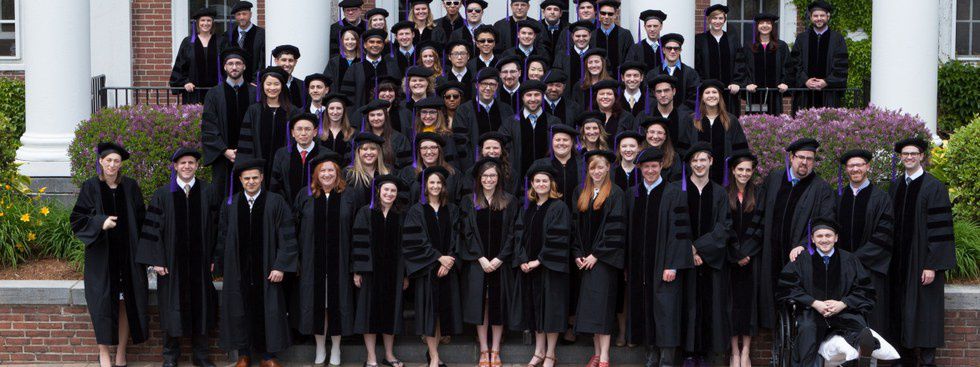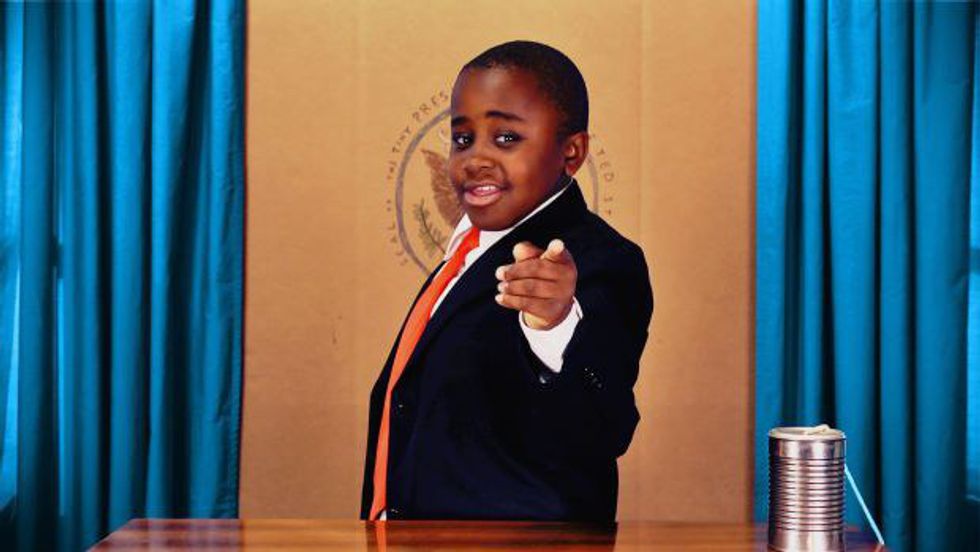From the moment a child hits kindergarten, they are being asked what they want to be when they grow up. Granted, when you’re younger any answer is acceptable. You can say you want to be a doctor, a firefighter, president, a princess, anything goes when you’re five years old. Somewhere between late elementary school to early high school, something shifts in the attitude of the people around you, they start to expect “serious” and “practical” answers. For some reason, those childhood responses no longer become okay. Adults respond to answering “president” with something along the lines of “Honey, only a few people in the country only ever get a chance to be president. At the least, only one person is elected every four years. Maybe you can look into a smaller scale part of politics!”
It’s true, one in every probably couple million people get to be president in the United States. But, why lead your child to believe that they couldn’t be the one in a million? When does letting your child pursue their dreams turn into changing their dreams into being mediocre? Every parent wants their child to grow up to do extraordinary things, so why make sure that they have a backup plan? By asking a child to create a backup plan, you are giving them a safety net. Giving a child a safety net gives an excuse to not try as hard, and gives a reason to be less driven and a little less nervous. Nerves are good to achieve your dreams, because without those butterflies in your stomach, you’re not about to do something great.
This phenomena leads us to college. It’s never intended in a negative fashion, but every adult asks you what you want to study in college once you start junior year, maybe even sophomore year. Personally in my senior year, I don’t think I ever had a conversation about something else. But, later in the same conversations I had every day, I started realizing a pattern. My answer was basic, it kept people happy with my response even when I didn’t know what I wanted to do. Any adult can be okay with the response “Business and a minor in spanish.” I heard the question often what I am going to study, what my major is going to be, and what career path I am taking. Why does everyone forget to ask what we want to be when we grow up or what we’re passionate about?
I’m going to use anecdotal evidence for a moment. My roommate, Lauren, is a saint. Her entire college career is based around wanting to follow her passion, be a grief and guidance counselor in high school to give emotional support and guidance to lost teenagers in the process of leaving adolescence. She’s really smart, she could do any bachelor of science degree easily. Despite that, she has decided to go with a job that doesn’t necessarily make you rich with money, but can make you rich with happiness. She regaled me of her senior year, when we went through similar conversations. Following is one she told me about in great detail. The conversation was between her and a family friend, we’ll call her Janet.
Janet: “Lauren, have you decided what you’ll be studying in college?”
Lauren: “Yes actually, I’m going in as a declared psychology major!”
J: (Pause) “Well do you plan on going further and getting a masters, or what do you want to do with a liberal arts degree?”
L: “I mean, I haven’t quite decided yet, but I want to be a grief and guidance counselors in high schools to help people find their way.”
Later, ‘Janet’ said to Lauren’s mom that she desperately hopes she marries someone rich. It’s unfortunate that Lauren’s passion isn’t enough for a lot of people, because it seems as though if you’re not going to be a doctor or a businessman, people tend to be unimpressed.
Personally, I was lucky enough to grow up with parents and family who love and support me, no matter what choices I make. I just want all parents to start treating their children's dreams as such. I know many of these emotions come from genuine care and love, because no one wants to see their youth and loved ones to end up with a lack of money. It needs to end here, though. Passion needs to be put in front of money again, or the next generations are going to lose very important qualities: creativity, love, and drive.
Sure, not many people make it on Broadway. But what if the next Adam Pascal goes to school to be an orthodontist because his parents don’t have enough optimism and faith to lead their child towards his dreams? Athletes are told all the time from a young age that their dream of playing professionally is near impossible, so they settle to be coaches and athletic trainers. If I remember correctly, didn’t Michael Jordan not make his high school basketball team? We need more passionate and hard working people in the world like him.
Steve Jobs, Mark Zuckerberg, Jack Andraka, all of these people did what others told them was impossible, and made the world a better place because of it. So stop the negativity, stop slamming our majors. Of course, bachelor of science students are incredible. Their courses almost always have labs which means they generally have more hours of classes then us; doctors are obviously incredible and we couldn’t live without them. This article wasn’t written to say arts or histories are more important than sciences, but to say that late teenagers would really appreciate it if you wouldn’t crush their dreams before they’ve had a chance to even pursue them. A local girl might go to school for environmental conservation and figure out how to save the rainforests for good. A psychology major may stumble across a cure for schizophrenia. A women’s studies major may start a series of speeches and protests that ends sexism. Any major can change the world, and just because we don’t have a bachelor of science, doesn’t mean we can’t make a difference.



























